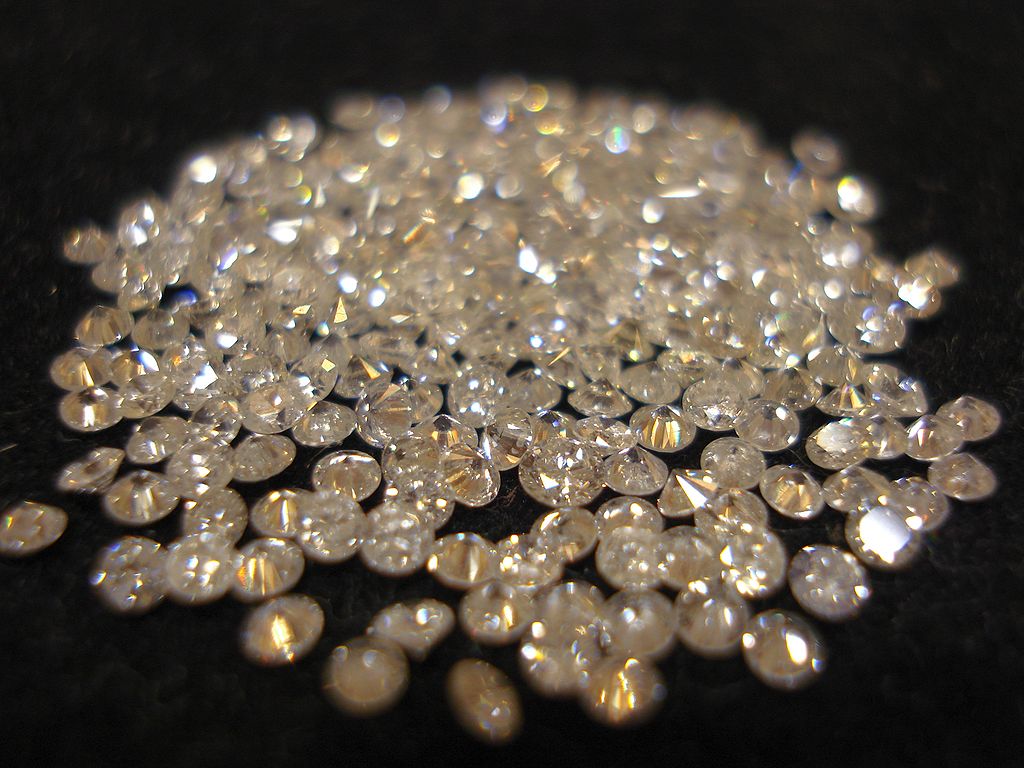Antwerp is prepared to take steps to reshape its identity as an ethical diamond hub, but in which direction this reinvention takes hinges on decisions by the G7 and the EU on Belgian proposals aimed at banning Russian diamonds.
The move seeks to address concerns surrounding the potential funding of Vladimir Putin's war chest through the diamond trade. However, not all stakeholders in Antwerp's diamond district are aligned on this strategic shift.
The prospect of imposing sanctions to restrict the flow of Russian diamonds to the West, nearly two years after the invasion of Ukraine, hinges on deliberations by the European Union's high representative for foreign policy, Josep Borrell. The G7 and the EU are considering a comprehensive plan to disrupt the international trade in Russian diamonds, leveraging the West's dominance, responsible for 70 percent of diamond sales.
Russia, the largest global producer of rough diamonds, contributes approximately 37 million carats annually, primarily through the state-owned company Alrosa. The US and the UK had previously imposed sanctions on Russian diamonds post-Ukraine invasion, while Belgium resisted, fearing adverse effects on its diamond industry, a global trade hub.
Related News
- Belgium leads the way as ban on Russian diamonds gains momentum
- Antwerp’s diamond dilemma
- EU to 'restrict' Russian diamond trade
- Diamonds worth $1.5 million seized from Antwerp company run by Russians
- 'Symbol of war': De Croo asks jewellery sector to restrict Russian diamonds
To address these concerns, Belgium proposes an ambitious tracing mechanism cantered in Antwerp, tracing the entire journey of a diamond from mine to market. The plan involves mandatory passage through Antwerp for rough diamonds exported to G7 countries, with an additional layer of security implemented through a digital ledger using blockchain technology.
Monitoring of so-called conflict or ‘blood’ diamonds has been in operation since 2003 when the Kimberley Process (KP), an international, multi-stakeholder trade regime, was created to increase transparency and oversight in the diamond supply chain in order to eliminate trade in conflict diamonds.
While the Kimberley Process has historically targeted conflict diamonds, the new tracing system proposed by Belgium extends to both rough and polished diamonds. The G7 and EU leaders are expected to announce in December their stance on sanctions against Russian diamonds, with the potential adoption of the Belgian proposal signalling a significant boost for Antwerp's ethical positioning.
Antwerp, facing increasing competition from Dubai and Mumbai, sees this opportunity to change its narrative and regain market share. However, internal divisions persist, with some diamond dealers in the Belgian city expressing concerns over transparency and practical feasibility. A delegation from the G7 is set to visit Antwerp for consultations this month.
The Antwerp World Diamond Centre, the umbrella organisation representing diamond companies, has thrown its support behind the Belgian proposal, marking a shift from its previous opposition to sanctions. The changing dynamics in the diamond industry, coupled with the need to align with ethical standards, have prompted this strategic shift.
Amidst these developments, Antwerp, historically responsible for processing 86 percent of the world's rough diamonds, strives to position itself as an ethical gatekeeper, emphasising its commitment to the highest regulatory standards.
As the global diamond trade faces increasing scrutiny, Antwerp endeavours to navigate this complex landscape and emerge as a beacon of ethical trade in the diamond industry.

